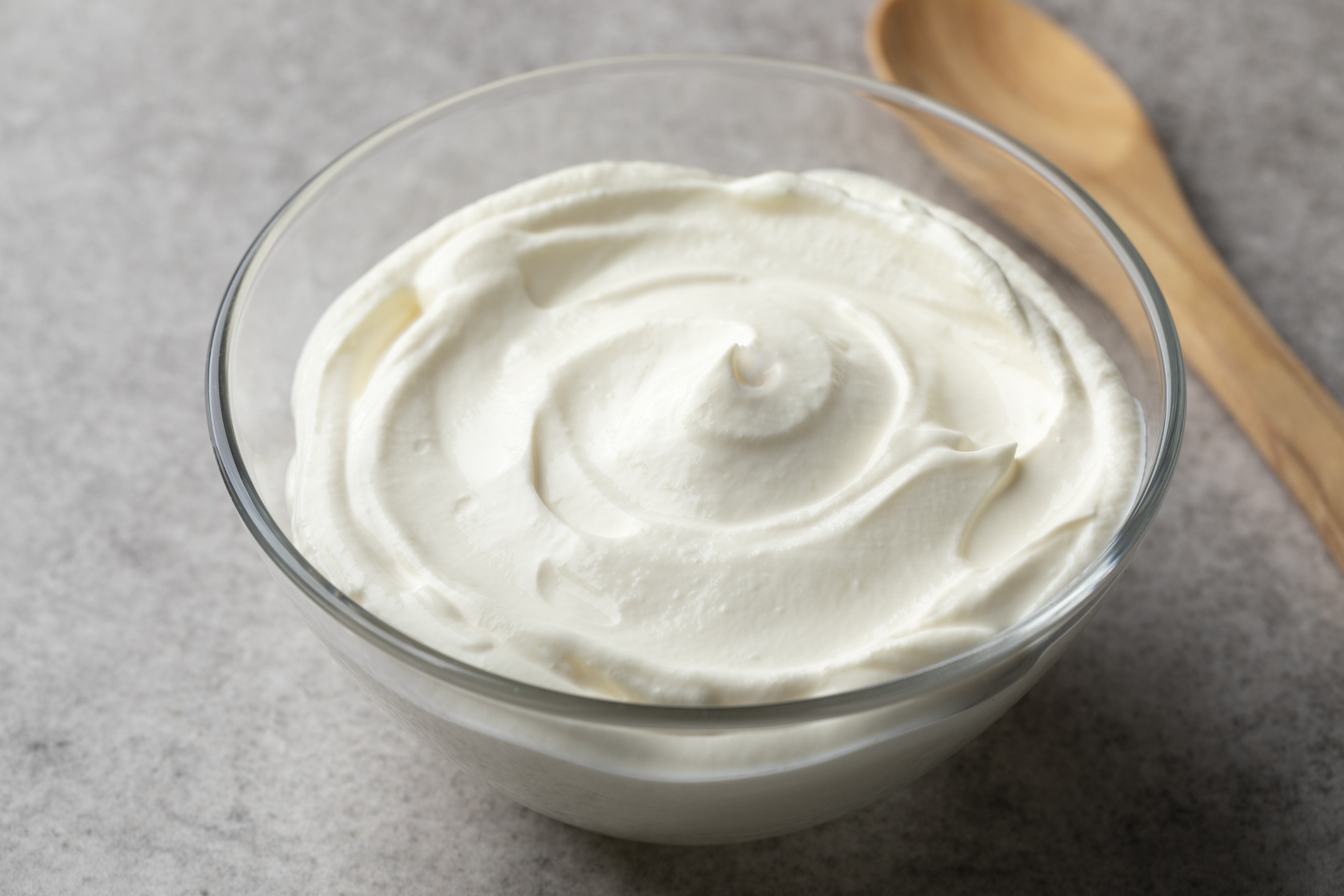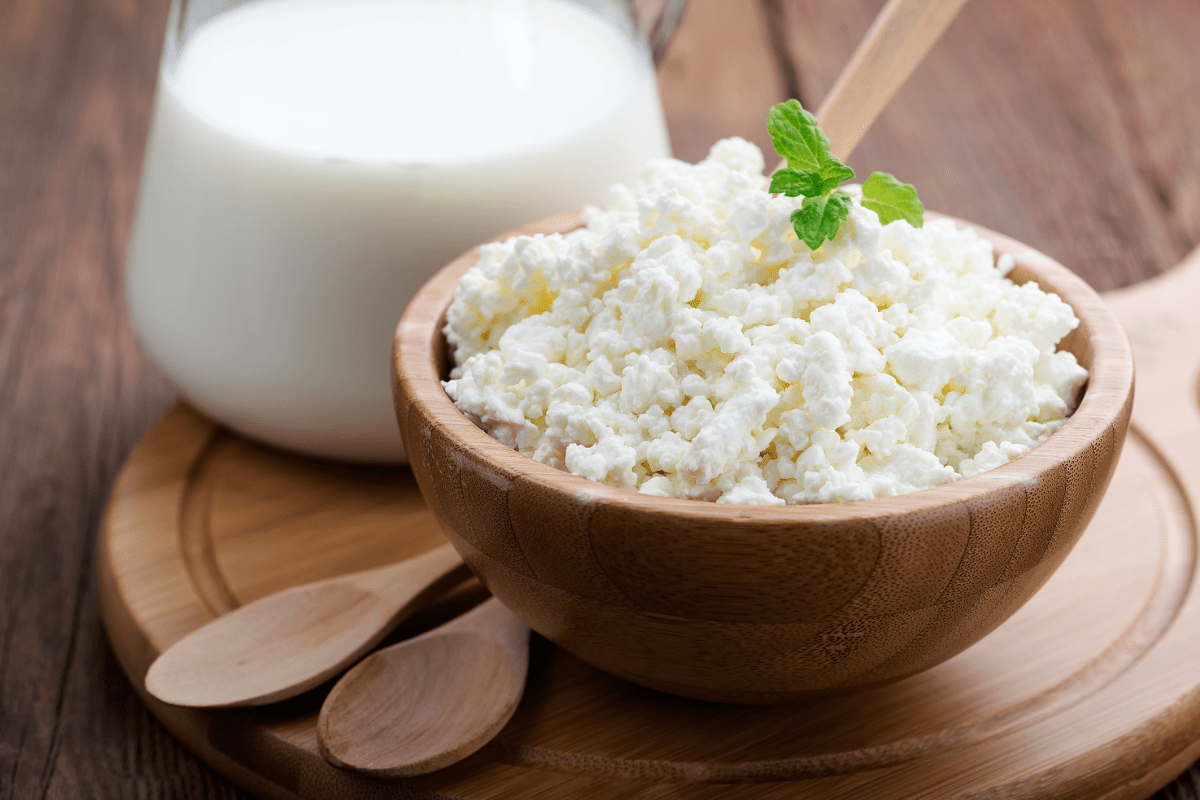Milk isn’t just for kids even though many of us have a strong association between milk and growing up. Whether it was enjoyed over our favorite cereal before school, paired with a cookie before bed, or flavored with chocolate syrup for the ultimate slumber-party treat, milk was a daily staple.
Fast forward to adulthood. Now, you seldom fill your glass, mug, or bowl with milk. That may make you wonder if milk is necessary for adults—and if you’re missing something other than the magic of childhood. Here are four reasons you should revisit the childhood habit of drinking milk, ideally with three glasses a day, to benefit your health.
Boost Your Bones
Milk’s unique nutrition profile includes thirteen essential nutrients, including calcium, vitamin D, and high-quality protein, all vital to overall bone health. Both calcium and vitamin D are referred to as nutrients of concern by the Dietary Guidelines for Americans, because most Americans simply don’t get enough—and that can put you at risk for major health issues. It takes just a single glass of milk to achieve 25% of the daily recommendation for calcium and 15% of the recommendation for vitamin D. No matter your age, drinking milk regularly can help maintain muscle and preserve bone strength to lower your risk for fractures and osteoporosis.
Better Nutrition
Without milk in your glass, you’re likely missing out on essential nutrients your body requires to function optimally. And, those nutrients are difficult to replace with other foods. For example, to replace the amount of calcium and vitamin D in three 8-ounce glasses of milk, you’d have to eat about 7 cups of raw kale and approximately 15 sardines according to their nutrient profiles. Surprising, right? Beyond calcium and vitamin D, it can be difficult to meet the daily recommendations for vitamin A, B12, and phosphorus with the absence of milk in your diet.
Defend Against Type 2 Diabetes
Being a milk drinker could also help lower your risk of type 2 diabetes. One study1 that pulled data from the Prevención con Dieta Mediterránea Trial, Nurses Health Study, (I and II) and Health Professionals Follow-Up Study is US-Based cohorts found an inverse relationship between milk and dairy consumption with the risk of Type 2 Diabetes. This means, increasing dairy consumption and meeting the goal of 3 servings a day can aid in reduction of risk in developing Type 2 Diabetes. This means that the more regularly people consumed dairy foods including milk and yogurt, the less likely they were to develop the disease. It seems like a reasonable habit to adopt to combat a condition that effects as many as one in 10 Americans.
Heart Helper
Milk is a source of potassium, calcium, magnesium, and protein—all key nutrients that play a role in blood pressure regulation. What’s another benefit of drinking milk? Research shows that higher and consistent intakes of milk are associated with lower blood pressure and incidence of hypertension, both of which fall under cardiovascular disease. One literary review article2 pulled research from other meta-analysis and clinical trials to investigate the connection between dairy and heart disease and found that regular consumption of dairy products has a positive effect on reducing risk of cardiovascular related disease risk in Americans. Meeting the recommendation of 3 glasses of milk or servings of dairy can help you get the benefit for your blood pressure.
Post-Exercise Refuel
Are you an active individual? Research consistently shows that consuming chocolate milk after exercise or sports performance is a top-notch way to replenish nutrients, such as carbohydrates, protein, fluids, and even electrolytes needed for recovery. And while chocolate milk contains a small amount of added sugar, the overall nutrition package is far superior to other recovery beverages out there. It tastes great too!
Milk: Not Just for Kids
Milk isn’t just for kids and unless you have a milk allergy or have to choose lactose free dairy products, we can focus on easy ways to meet your dairy needs. There are bountiful health benefits for adults who drink three servings a day. Try out these simple ideas for making milk a regular part of your everyday meals and snacks.
- Make overnight oats with milk instead of water.
- Blend a green smoothie with spinach, milk, orange juice, strawberries, and flax seeds.
- Refuel with a glass of chocolate milk after exercise.
- Add milk to hot or iced coffee.
- Eat a bowl of whole-grain cereal with milk for an afternoon snack.
1. https://pubmed.ncbi.nlm.nih.gov/31997094/ – Bhupathi, V., Mazariegos, M., Cruz Rodriguez, J. B., & Deoker, A. (2020). Dairy intake and risk of cardiovascular disease. Current Cardiology Reports, 22, 1-6.




